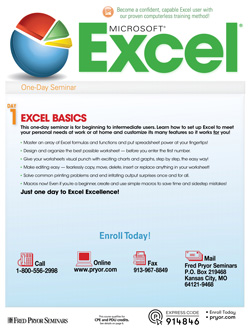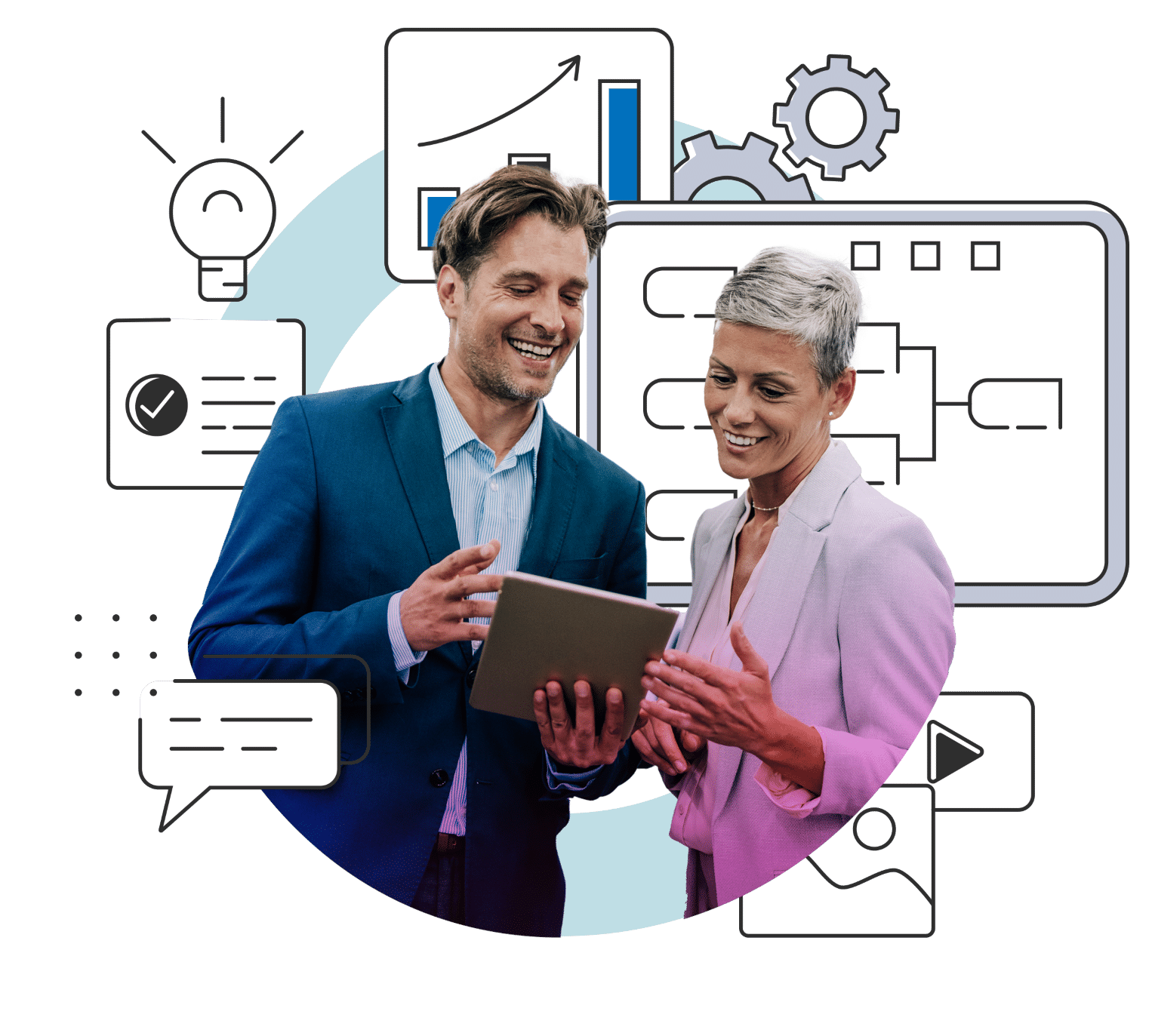Feed Your Brain, Increase Your Opportunities
There’s an old myth that seems impossible to kill – that we only use ten percent of our brains. Popular culture perpetuates this misunderstanding. The new film, Lucy, featuring Scarlett Johansson as a woman who, through scientific accident, harnesses her brain’s full capacity, is the latest portrayal of the mind’s awesome powers. The adage goes that if we could tap into our brains’ “true potential,” we’d have power beyond our wildest dreams, the power to change the world around us.
We’ve all heard it: tap into the brain, use it, feed it, pursue knowledge and we open up ourselves for different opportunities. And the truth of the matter, it’s not hard and it allows us to have some control over our destiny.
Access to lifelong learning opportunities is unlimited and offers amazing benefits for mental health, confidence, income and employment opportunities. Some research suggests that lifelong learning keeps the brain healthy, active and less prone to debilitating diseases such as dementia or Alzheimer’s.
Are you ready to tap into your true potential?
Find your passion and focus on what motivates you.
Ask ourselves, “what do I enjoy, what do I want to know and what moves me closer to my ultimate goal?” It doesn’t matter what the subject is – learning to speak French, building a model ship, using Microsoft® Power Point®, creating a website, improving your management skills…the possibilities are unlimited. As long as we’re truly interested or motivated, we are more likely to stick with it, even as the learning gets tougher.
Consider the cost of not taking advantage of learning opportunities.
Time is money and money is money, but knowledge is invaluable and we’re worth the investment. Learning can take place in a formal setting, in our homes or through shared conversation with another. The internet makes learning easier than ever. Take advantage of online courses available individually or for low monthly or yearly subscription costs on subjects ranging from business and office skills to computer coding to foreign languages, to calculus, to mechanics and engine repair. The wealth of knowledge available online should never be underestimated. The cost is not just the financial cost, but the cost of the risk of not doing something.
Don’t just absorb new facts, challenge old ideas.
Researchers have found evidence that our minds are kept healthy not only by learning more, but when we challenge what we think we know. Pushing ourselves out of the box and out of our comfort zone forces the mind to process information with more complexity. We shouldn’t drop a new subject just because we disagree with the premise. If a subject makes us uncomfortable, we’ve jogged our brain to consider a new way of thinking.
Be disciplined.
Make learning a scheduled activity. Include time in the calendar and treat it as you do an important meeting that can’t be missed or skipped. Plan for difficulty and don’t let failure lead to discouragement. Not every new technique or task will come easily. Much like challenging old ideas, the difficulty associated with learning something new sparks the synapses and forces the brain to process information in new ways. Even when it’s not going as planned, we continue to pick up new information, consider new approaches to a problem and perfect the approach necessary for success.
It’s exciting to imagine that there’s untapped superhuman potential in our brains just waiting to be unlocked by science. Instead, it just waits to be unlocked by us – if we choose to use our minds continually to grow and evolve as lifelong learners. What will you unlock today?
Additional resources related to tapping into our potential and lifelong learning:
http://www.alz.org/we_can_help_stay_mentally_active.asp
http://www.empr.com/lifelong-learning-could-reduce-dementia-risk/article/357562/
http://www.nytimes.com/2010/01/03/education/edlife/03adult-t.html


